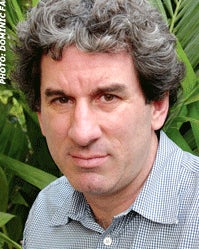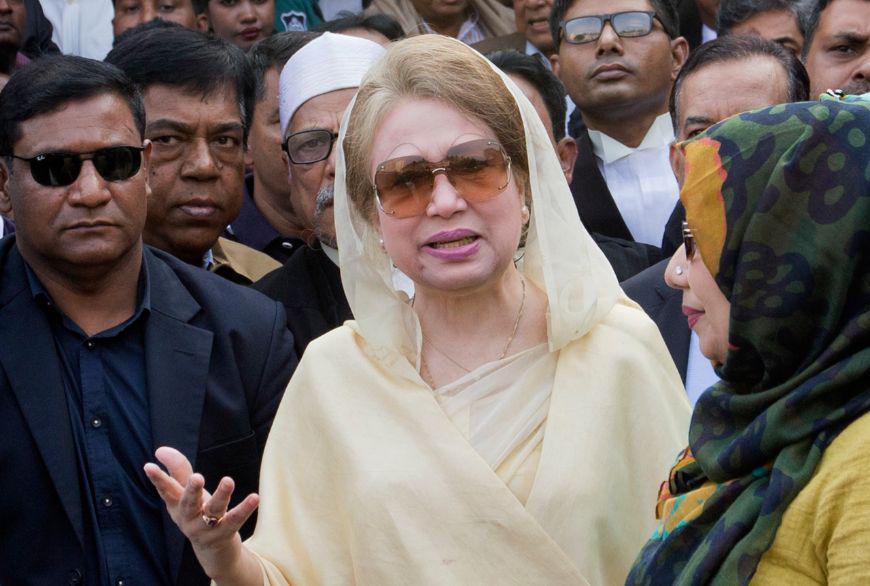Human Rights Watch 8 February 2019
Investigate 2018 Election Abuses


One year ago, Khaleda Zia, the leader of Bangladesh’s main opposition party, the Bangladesh Nationalist Party (BNP), was sent to prison. Zia was convicted ahead of the December 2018 elections when the courts acted on longstanding cases against her.
While Human Rights Watch takes no position on the underlying merits of the cases, Zia’s supporters point out that the corruption cases were filed by the same 2007-2008 military-backed government that also filed corruption cases against the current prime minister, Sheikh Hasina. After her Awami League came to office in 2009, all cases against Hasina were dropped.
Politically motivated arrests of opposition members – or even just critics of the government – were common in the run-up to the 2018 election, which returned Hasina to a third consecutive term. Official results showed the ruling party winning more than 95 percent of the contested parliamentary seats.
A recent Human Rights Watch report, “Creating Panic: Bangladesh Election Crackdown on Political Opponents and Critics,” described a systematic onslaught by the Awami League government against opposition parties in the months before the election. The BNP said that authorities brought more than 300,000 criminal cases against its party members and supporters and arrested thousands of them. The Oikya Front opposition alliance reported that over 8,200 of its members and supporters were arrested.
In many cases, the charges appear baseless. In what have been described as “ghost cases,” some of the accused were either dead, abroad, or hospitalized at the time of their alleged offense. For example, Abu Taher, who was once involved with the BNP, had died of cancer in 2010. But on December 12, 2018, he was criminally accused of unlawful assembly and murdering a member of the Jubo League, the Awami League youth wing, the previous day.
Supporters of both major parties engaged in violence prior to the election, but the authorities did not respond impartially. Police arrested and detained opposition members, but rarely acted against security force members and ruling party supporters when they targeted opposition party candidates and members.
And instead of investigating electoral irregularities, the authorities arrested journalists for reporting on potential fraud. The government and Election Commission rushed to dismiss serious allegations, calling the election free and fair. The commission and the government should accept the recommendations by Human Rights Watch and others for an independent and impartial investigation into the serious allegations of abuse in the 2018 elections.
